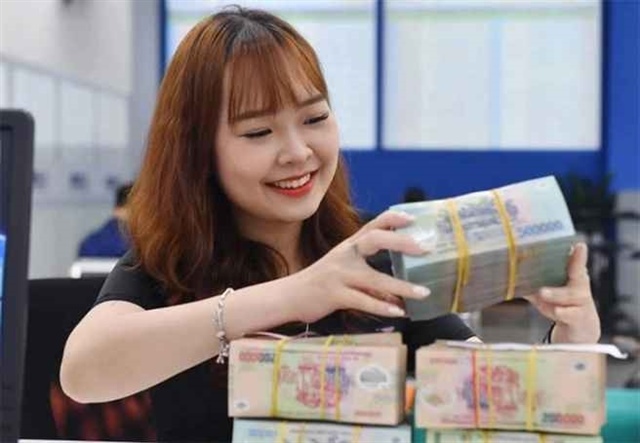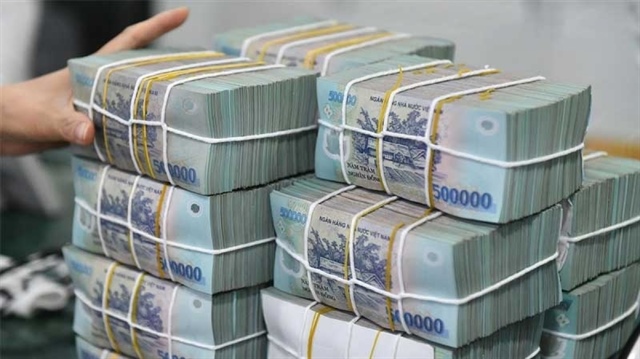With no tax payment grace period, garment companies anticipate a hard lot
With no tax payment grace period, garment companies anticipate a hard lot
If the current regulation on the 275-day tax payment grace period is removed as suggested by the Ministry of Finance (MOF), garment companies would have to arrange 800 million dollars a year to pay tax and only get a tax refund later.

800 million dollars was the figure cited by the Vietnam Textile and Apparel Association (Vitas) to show the unreasonable articles of the draft law on tax management, which was put into discussion at the National Assembly’s Standing Committee’s working session on August 15.
MOF, which is compiling the draft of the amended law on tax management, is going to impose a tighter management over the tax payment by enterprises.
The ministry plans to amend the Article No. 42 of the current law, requesting enterprises to make tax payment before the customs clearance time. The regulation would be applied to the enterprises that do the outsourcing for foreign partners (import materials, make products domestically for export), and the enterprises which import products for re-export later.
As such, if the amendment is made, garment companies would not be able to enjoy the 275-day tax payment grace period as stipulated in the current law.
In principle, the companies still can enjoy the grace period, if they are guaranteed by commercial banks. However, Vitas believes that it is nearly impossible to obtain the guarantee from banks, because of the overly strict requirements. Enterprises would have to pay a deposit and mortgage assets at banks, and of course, they have to pay fee.
A garment company with the annual turnover of 10 million dollars a year would have to extract 1.2 million dollars for tax payment. When it exports products, it would get the tax refund (under the current laws, garment exports can enjoy the tax exemption).
If the new regulation is applied, the above said company would have the assets worth two million dollars to mortgage at banks for the guarantee. Meanwhile, if the company has the valuable assets, it would rather borrow money from banks.
Vitas said the tentative new regulation would force enterprises to arrange money to pay tax first and get tax refund later, which would cause them a lot of time for administrative procedures, thus weakening the competitiveness of enterprises.
While enterprises are seriously lacking working capital, they have to leave money at the state budget for a certain period. Experts have pointed out that the sum of 800 million dollars every year can be used for investments to create added value instead of putting into the state budget.
A senior executive of a garment company complained that with a stricter regulation, it would take businesses much more time to follow the procedures for the import of every consignment of goods.
The problem of garment companies is that they have to import a lot of kinds of materials from a lot of supply sources, while the import consignments arrive at different moments in a year.
Therefore, they would have to spend too much time on following procedures to get imports cleared. The delay in customs clearance would badly affect the production plan, while enterprises would be punished for late deliveries.
Vitas has also said that in the current difficult conditions, the State should create most favorable conditions for enterprises to cut down expenses and boost exports.
Meanwhile, the tentative regulation, if approved, would put more difficulties for enterprises, because they would have to pay fee for bank’s guarantee services, thus pushing up the production costs.
vietnamnet


























